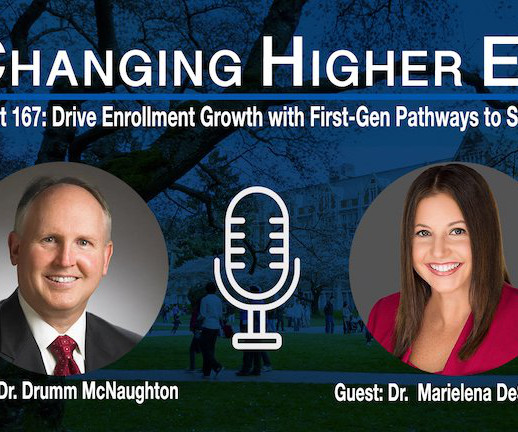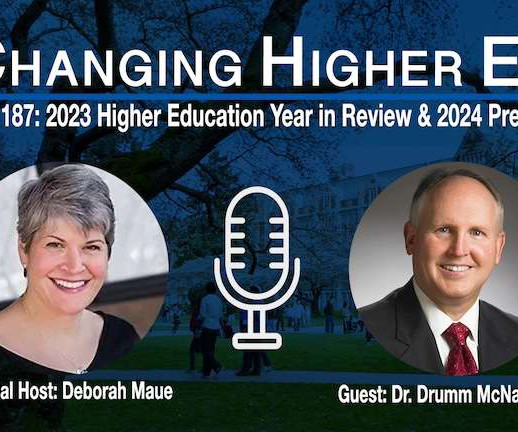How Gross Inequalities in Institutional Wealth Distort the Higher Education Ecosystem and Shortchange the Vast Majority of Middle- and Lower-Income Undergraduates
Confessions of a Community College Dean
MARCH 20, 2023
The consequence: the richest institutions can fully fund the education of lower-income students, while the vast majority of working-class and lower-middle-class undergraduates must take out loans to pay for their education. Swensen, taking advantage of alternate assets, including hedge funds, private equity and natural resources.











Let's personalize your content